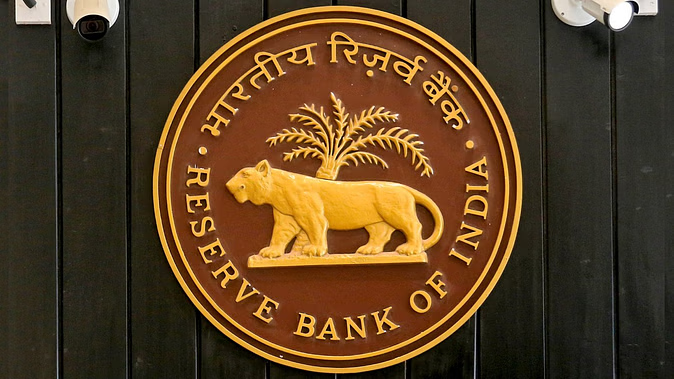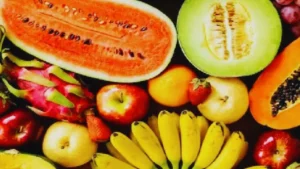RBI: Expectations of repo rate cut for the third time increased due to falling retail inflation, eyes fixed on June MPC meeting

New Delhi| Expectations of a third consecutive repo rate cut have increased as retail inflation declined to a near six-year low in March, 2025. RBI has reduced the repo rate by 0.50 per cent twice since February, 2025. ICRA Chief Economist Aditi Nair said, retail inflation has declined sharply on a sequential basis in March due to falling prices of food items. Record agricultural production is expected in 2024-25 under the second advance estimate. He said, we believe that there may be a further cut in the key policy rate by 0.50 per cent in the next three meetings of the Monetary Policy Committee (MPC) of RBI. At the same time, inflation data for March has raised the expectation of a 0.25 per cent cut in the repo rate at the next MPC meeting in June.
The rate is lowest in Telangana, 3.01 per cent in UP
In terms of states, Telangana had the lowest rate of retail inflation at 1.06 per cent and Kerala had the highest at 6.59 per cent. It was 1.48 per cent in Delhi, 3.01 per cent in Uttar Pradesh, 3.20 per cent in Himachal Pradesh, 3.65 per cent in Punjab, 3.78 per cent in Uttarakhand, 3.81 per cent in Haryana and 4 per cent in Jammu and Kashmir.
Increased inflation of these commodities including fruits and fuel: Prices of fruits, oil-fat, sugar, spices, finished food, fuel-electricity, housing, health, education, transport and betel-tobacco have increased compared to February.

The prices of ginger and tomato decreased the most
According to the National Statistical Office, the prices of five commodities, including ginger, have fallen the most on an annual basis. Inflation for ginger has declined the most by 38.11 per cent. Tomato prices fell by 34.96 percent, cabbage by 25.99 percent, cumin by 25.86 percent and garlic by 25.22 percent.
Edible oil prices are still a matter of concern
Rajni Sinha, chief economist at CareEdge Ratings, said edible oil prices still remain a cause for concern. Despite this, food inflation will remain in the range in the coming months.









